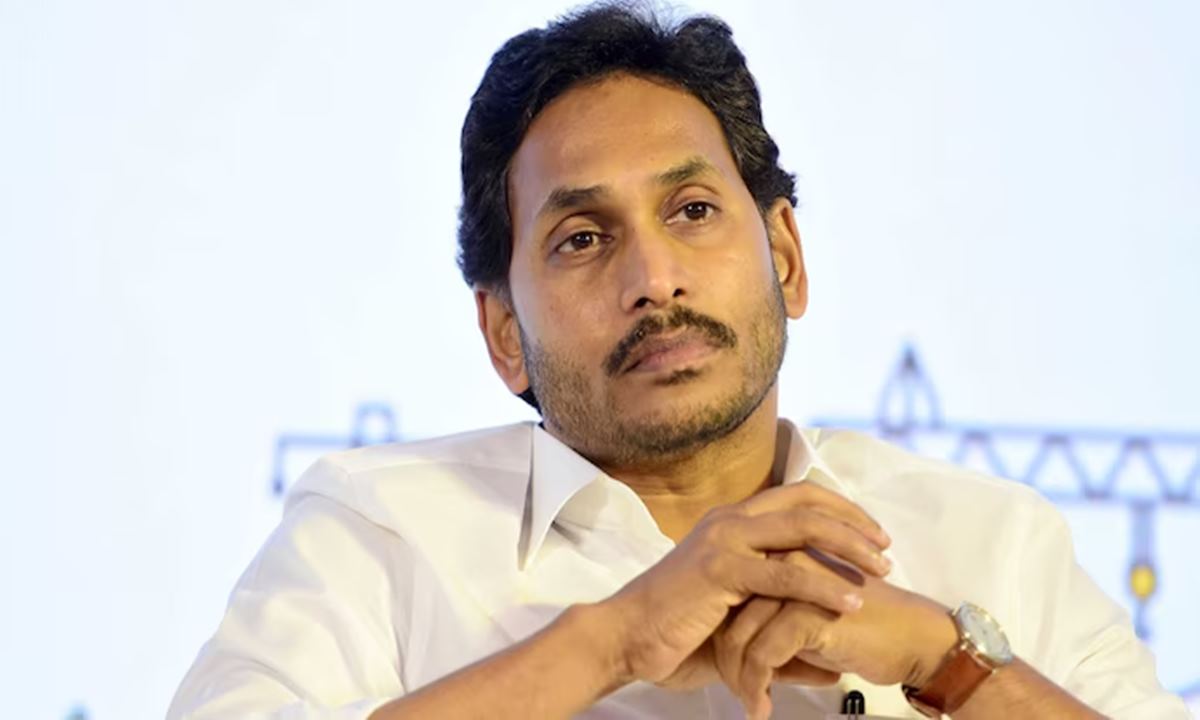The 2024 Andhra Pradesh assembly elections marked a dramatic shift in the political landscape, as the YSR Congress Party (YSRCP) experienced a shocking decline from its dominant position. The party, which had secured a landslide victory in 2019 with 151 seats, found itself reduced to a mere 10 seats in the latest polls, a staggering reversal of fortunes that warrants a deep analysis.

The 2024 Andhra Pradesh assembly elections marked a dramatic shift in the political landscape, as the YSR Congress Party (YSRCP) experienced a shocking decline from its dominant position. The party, which had secured a landslide victory in 2019 with 151 seats, found itself reduced to a mere 10 seats in the latest polls, a staggering reversal of fortunes that warrants a deep analysis.
At the heart of YSRCP’s downfall lies the perceived arrogance and vendetta politics of Chief Minister Jagan Mohan Reddy. His targeted actions against specific castes and businesspeople, coupled with a notable lack of public engagement over the past five years, fostered a profound sense of disconnect among the electorate. This perceived elitism and selective targeting created resentment across various communities, contributing significantly to the party’s debacle.
Another crucial factor in YSRCP’s decline was the strategic social engineering by the TDP-JSP-BJP alliance. Under the astute leadership of Chandrababu Naidu, this coalition successfully consolidated anti-incumbency votes, presenting a formidable challenge to Jagan’s dominance. Had it not been for these vendetta politics and the opposition’s united front, the YSRCP may have retained a stronger foothold in the state.
The abrasive rhetoric of several YSRCP leaders, including Ambati Rambabu, Roja, and Kodali Nani, further tarnished the party’s image. Their frequent use of abusive language against opposition leaders alienated many voters, diminishing the party’s decorum and driving a wedge between YSRCP and crucial voter segments.
Widespread voter discontent was another primary reason for YSRCP’s disastrous performance. Various sections of the electorate, including government employees, unemployed youth, and marginalized communities, expressed dissatisfaction with the ruling party’s governance. The incomplete status of promised development projects, such as the Polavaram project, led to frustration among those who had high expectations from Jagan’s administration.
The issue of unemployment further eroded YSRCP’s support base. Despite promises of job creation, many young voters found themselves without adequate employment opportunities. This failure to deliver on economic promises significantly impacted voter sentiment, driving them to seek alternatives that could potentially address their economic concerns more effectively.
Government employees, who form a significant voting bloc, also showed substantial discontent towards the ruling party. Reports indicated that 70% of these employees voted against YSRCP in postal ballots, with issues such as delayed salaries contributing to this widespread dissatisfaction.
Furthermore, the YSRCP government’s stringent alcohol policies, intended to curb consumption, backfired and alienated a significant portion of voters. The discontent among alcohol consumers, coupled with the perception that Jagan had amassed vast sums of wealth through this policy, added to the negative sentiment against the party.
The YSR Congress Party’s dramatic decline from 151 seats in 2019 to just 10 seats in 2024 underscores the consequences of unmet promises, economic stagnation, strategic miscalculations, and poor leadership practices. This landslide defeat offers crucial lessons on the importance of inclusive development, responsive governance, and the need for political parties to maintain a positive and constructive dialogue with the electorate.
As Andhra Pradesh’s political landscape undergoes a seismic shift, the future of the YSRCP remains uncertain, and it will be crucial for the party to introspect, address the root causes of its downfall, and chart a path towards regaining the trust of the people.

